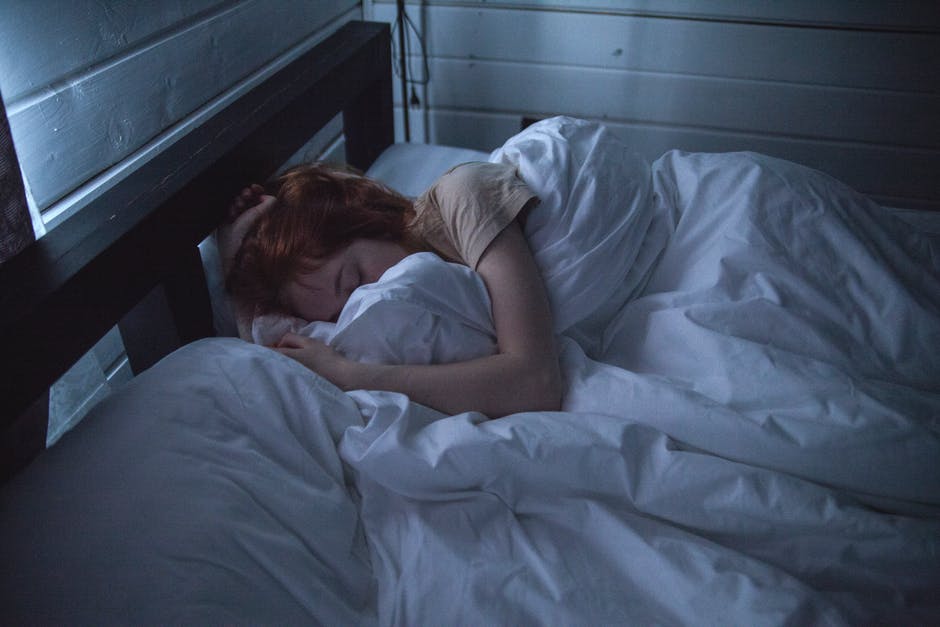Trending Now
Waking up in the morning is rough, no matter who you are. As Mark Twain once wrote, “I have tried getting up early, and I have tried getting up late—and the latter agrees with me best.” A whole lot of us agree with you, Mr. Twain.
But why is it so difficult to make that final push out of bed in the morning? Blame it on what is known as sleep inertia. When we are jolted out of bed in the morning by an alarm, we are woken up before our natural rhythms want us to be. This causes sleep inertia, also known as sleep drunkenness, which causes humans to have poor memory, poor reaction time, and to suffer from a lack of alertness and attention.

Photo Credit: US Air Force
Depending on the person, sleep inertia can last up to four hours, but typically lasts about 30 minutes. Your body is still actually in a sleep state during sleep inertia, and parts of your brain still haven’t completed warmed up yet. The prefrontal cortex, which is responsible for decision-making and self-control, might take 30 minutes to catch up to the rest of the body.
When you wake up naturally or with the sun, melatonin, the hormone responsible for regulating sleep, ceases production before we wake up. But when an alarm or something else (a child, perhaps) jolts you out of your sleep suddenly, it can take hours for the melatonin to to dissipate. That equals grogginess, and a whole lot of it.
There are four stages of sleep, and sleep inertia is the most intense if you are woken up during stage 3 sleep, also known as slow wave sleep. Our bodies go through the four stages of sleep 4-5 times each night, and stage 3 is when you sleep the deepest.
Which brings us to why our snooze buttons, as much as we love them, are NOT a good idea. Of course it feels incredible to snooze for 10 more minutes…and then 10 more and on and on.

Photo Credit: Flickr,Mic445
But snoozing is just going to make things worse and make the waking up process even more difficult for you. When you snooze, your body thinks the initial wake-up was a false alarm and you start descending back into the natural sleep rhythm again (including the cycles). So when the alarm goes off again a mere 10 minutes later, your body and brain get confused about just what the heck is going on. And the more you keep snoozing, the more confusion reigns and the harder your day will be.
When you don’t wake up at the same time every day, your body is thrown into a confused heap of uncertainty. Robert S. Rosenberg, medical director of the Sleep Disorder Centers in Arizona, sums up how the snooze button affects you negatively:
“First, you’re fragmenting what little extra sleep you’re getting so it is of poor quality. Second, you’re starting to put yourself through a new sleep cycle that you aren’t giving yourself enough time to finish. This can result in persistent grogginess throughout the day.”

Photo Credit: Pexels
So how can you get on the right track to avoid the dreaded sleep inertia every morning? There are several steps you can take to train your body. First, go to sleep a little bit earlier – say 30 minutes – than you regularly do. If you don’t see an improvement in your overall alertness, try turning in an hour earlier instead.
Second, GET THOSE BLUE LIGHTS OUT OF YOUR FACE BEFORE BEDTIME. The light that comes from your smartphone, tablet, or laptop results in a delay in melatonin production, which results in trouble sleeping. Give yourself 90 minutes of screen-free time before you hit the sack.
As hard as it will be, try to wake up at the same time every morning and DO NOT SNOOZE. Get out of ged, get moving, and turn the lights on so you can wake up as quickly as possible. Also, and I apologize in advance, wake up at the same time on weekends as you do during the week. This will help train your body to get on a solid schedule. You can do it! It just takes a little work. But in the end, your body will thank you.






